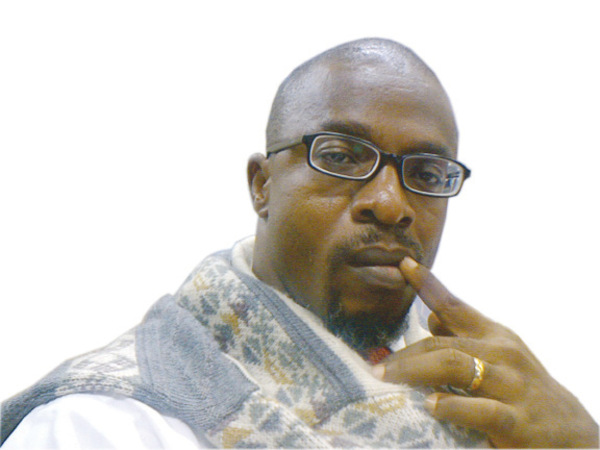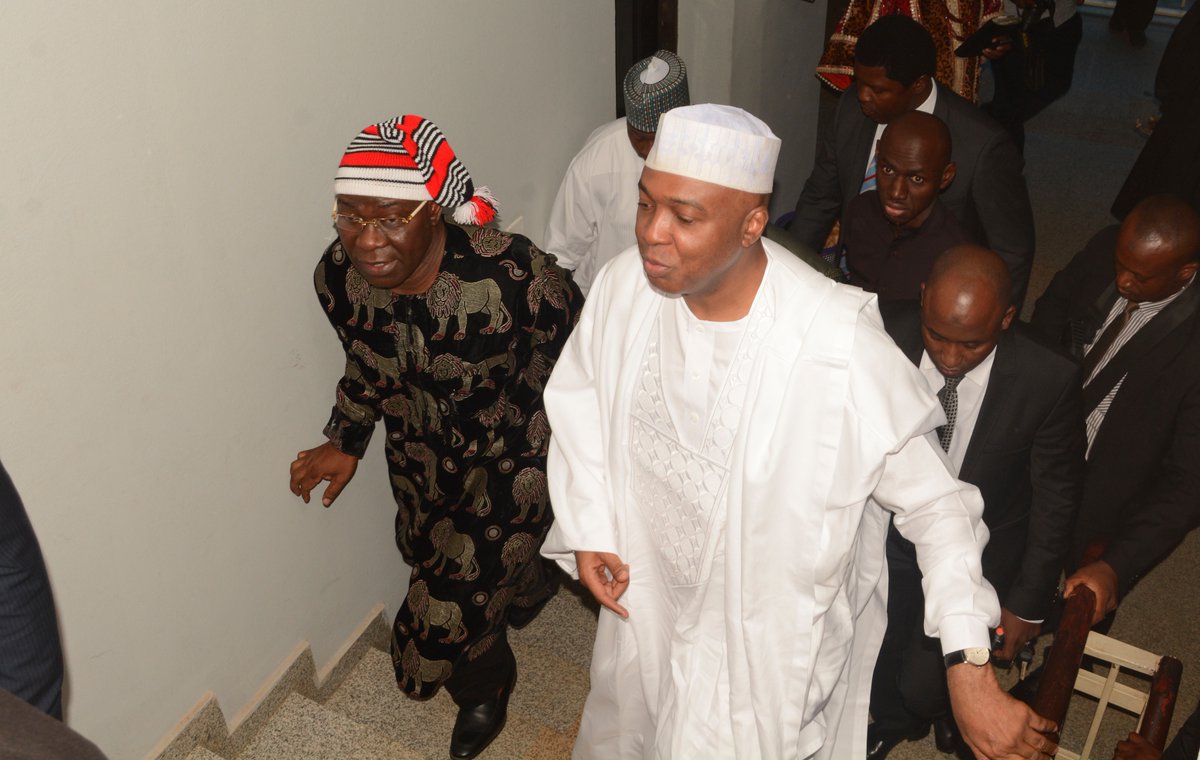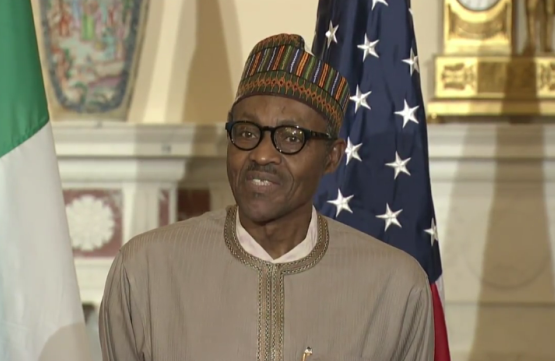The economics of social upheavals

In the recent update to its World Economic Outlook report, the International Monetary Fund (IMF) describes the problem currently confronting most economies in the world as a “broad-based aggregate demand shock, compounding near-term supply disruptions due to lockdowns”. As economies across the world struggled to flatten the curve of infections and deaths from the SARS-CoV-2 pandemic, the restrictions on movement they implemented meant people could not travel, sleep in hotel rooms far away from home, eat out, or even shop. Workers couldn’t show up at their places of employment either. Thus, if businesses were not hurt by falling demand, they were squeezed by supply not being available. Consumers, on the other hand, beset by uncertainties, especially the fear of unemployment and the consequent need to save, stopped spending.

Persuaded that this process has been far more severe than it anticipated earlier in the year, the Fund ratcheted down its forecast for global output growth this year, from the already abysmal numbers it put out in April. No economy is spared – at the 1 percent annual growth rate projected for it this year, the Chinese motor might as well be in reverse. The pandemic has been most democratic in this sense. In the case of the Nigerian economy, the Fund now expects shrinkage by 5.4 per cent this year – 2 percentage points down on the rate forecast in April.
Arguably the 2.6 per cent growth rate forecast for next year is up by 0.2 percentage points on the Fund’s April prognosis. But that is scant consolation. If these numbers were to hold, by next year, we’d simply be half-way up the hole we would have sunk into this year. And that is because most planning scenarios are persuaded that by year-end 2020, we would have gotten either an effective therapy or vaccine (why not both?) for the new coronavirus. Workplaces will resume. Consumer spending kick back in. And businesses resume investing. This resumption of global demand, including for crude oil, our major export earner, will feed into a recovery of the domestic economy, it is hoped.
Yet, before the crisis, the upstream oil and gas sector of the economy confronted its own crisis. You wouldn’t tell this from the output numbers, though. For we seemed, over the two quarters to end-March 2020, to have produced more of the stuff. The devil in the detail was that we were not selling much of it – and so not earning much in foreign exchange. I’m told that distance to new markets (America’s shale oil revolution meant we had to look for these), and the ability of producers like the Saudis and Iraqis to put out both light and sweet crude were the new hurdles in our path. And given that we are one of the highest-cost producers in that space, the discounts at which we were willing to flog our surplus cargoes only further hurt our finances.
Nigeria will be much poorer over the next couple of years than it’s been so far. COVID-19 will be a big part of the cause of our immiseration. Just as would the poor policy responses that have kept us hooked on the export of crude oil for foreign currency. It is easy to argue, therefore, that the economy’s response function will be an important consideration in how rapidly and well we put the forthcoming crisis behind us. And this point has been made repeatedly, including by those who have asked that we increase the economy’s private sector response function as part of a root-and-branch reform to the economy.
Nevertheless, we do well to point out that the nature of the crisis confronting the Nigerian state will morph over the coming year. Increasing poverty will remain an economic problem. Not so, how the new poor and those whose previous marginal existence will worsen, respond to this poverty. This is especially the case when the new poverty indices will occur along with clear signs of rising inequality. Quite a few of our compatriots are working from home, with both emoluments and social statuses untroubled by the different measures the state has taken to curb the virus.
The latter, of course give new meaning to the phrase “digital divide”. The new threat to the fabric of our state (pardon the cliché) is that this divide turns into a social one, as problems with how our politics is currently arranged persuades a significant number of our compatriots that they have no stake in the current order. And from there, a problem with the economy will transit into a law and order one. In this much wider sense, then, the new reform path may do well to stress inclusion, especially by dealing with questions of representation in our polity that continue to interfere with the ventilation of popular concerns.
Our economy may be stalling. But our polity will suffer more when our politicians can no longer find sops to the Cerberus of restive voters.







